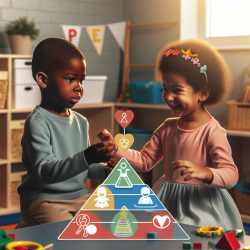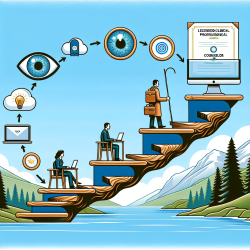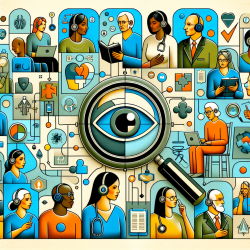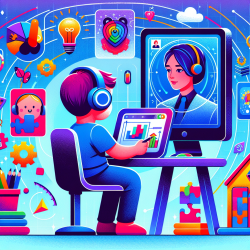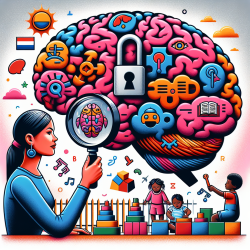Early educators often face the challenge of supporting young children who exhibit problem behaviors beyond what might be expected for their developmental stage. Addressing these behaviors effectively requires a nuanced understanding of social and emotional development and a strategic approach to teaching critical social skills.
The Teaching Pyramid model, developed by Lise Fox, PhD, and her colleagues, provides a framework for fostering social competence and preventing challenging behavior in young children. This model is built on a foundation of nurturing and responsive caregiving, emphasizing positive relationships and developmentally appropriate practices.
At the primary level, universal classroom practices promote the social and emotional development of all children, focusing on building a positive sense of self and successful interactions. However, some children may require more focused attention due to their lack of social and emotional skills or challenging behavior. This is where the secondary and tertiary levels of the Teaching Pyramid come into play, offering targeted interventions for children at risk and individualized strategies for those with persistent challenges.
Research indicates that teaching children key social skills—such as understanding emotions, handling conflicts, problem-solving, and developing peer relationships—can significantly decrease problem behavior and enhance social competence. The Teaching Pyramid model encourages educators to view problem behavior as a signal of unmet needs or undeveloped skills, framing it as an opportunity for skill instruction rather than a nuisance to be managed.
Teaching social skills involves several key components:
- Introducing new skills through clear explanation, demonstration, and linking to known concepts.
- Building fluency by providing ample opportunities for practice within meaningful contexts.
- Ensuring maintenance and generalization so that children can apply their skills across various situations and over time.
Effective strategies for teaching these skills include modeling, using puppets, preparing peer partners, incorporating songs and fingerplays, and employing visual and physical prompts. It's crucial to provide specific feedback and encouragement to support children as they practice and refine their new abilities.
For children at risk of social development delays or challenging behavior, a systematic and intensive approach to teaching social skills is essential. This involves not only direct instruction but also collaboration with families, addressing physical and mental health needs, and accessing specialist support when necessary.
Ultimately, the goal is for children to use their newly acquired social skills to build satisfying relationships with peers and adults, enriching their play and learning experiences and fostering a positive sense of self. As educators, our role is to guide and support this process, ensuring that every child has the opportunity to develop the social and emotional competence necessary for success in school and life.
For more information, please follow this link.
